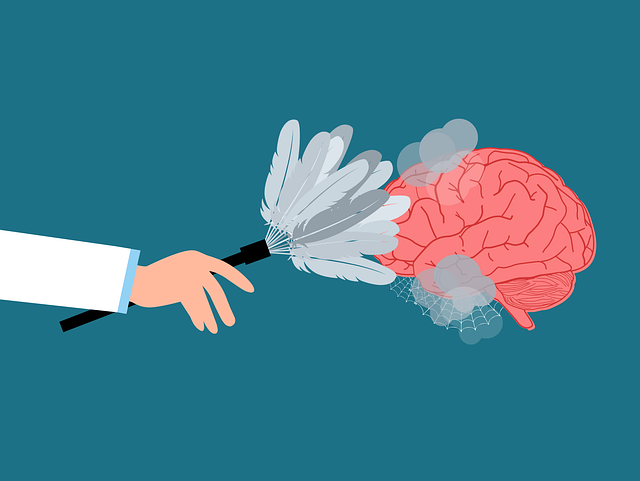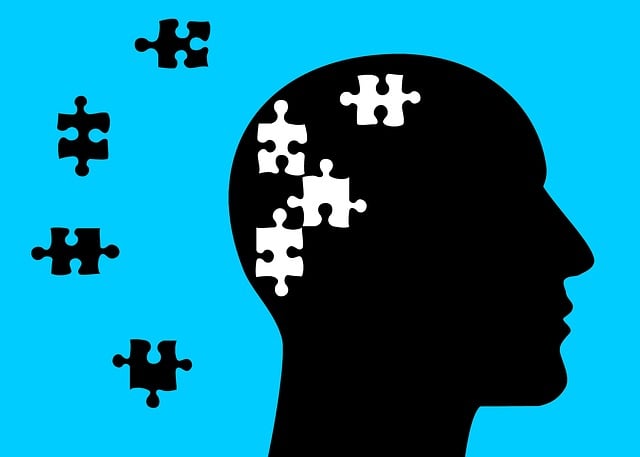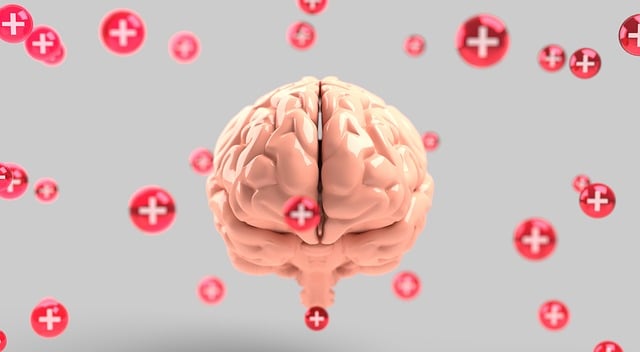Mental health policies play a pivotal role in supporting elderly individuals with chronic illnesses by integrating specialized therapy for elders with chronic illness into primary care. These initiatives prevent isolation and depression, enhancing quality of life. However, current policies often fail to meet unique needs, leading to access gaps. Culturally competent services and improved provider training are crucial. Advocacy through workshops and podcasts dispels stigma and pushes for dedicated funding and integrated therapy within primary care settings. Successful global case studies demonstrate that tailored support services revolutionize mental health for seniors, reducing emergency room visits and hospital stays.
Mental health policy plays a pivotal role in ensuring access to essential services, particularly for elderly individuals with chronic illnesses. This article delves into the intricate relationship between mental health policy and its profound impact on vulnerable elders. We explore gaps in current policies hindering therapy access and present effective advocacy strategies to drive positive change. Through compelling case studies, we demonstrate successful policy implementations that have enhanced elder care outcomes, highlighting the potential for transformative mental health services.
- Understanding Mental Health Policy and Its Impact on Elderly Populations with Chronic Illnesses
- Gaps in Current Policies and Their Effect on Access to Therapy
- Effective Advocacy Strategies for Improving Mental Health Services for Elders
- Case Studies: Successful Policy Changes and Their Positive Outcomes in Elder Care
Understanding Mental Health Policy and Its Impact on Elderly Populations with Chronic Illnesses

Mental health policies play a pivotal role in shaping support systems for the elderly population grappling with chronic illnesses. These policies influence access to specialized therapy for elders with chronic conditions, ensuring they receive tailored mental healthcare. The impact is profound; chronic diseases often lead to isolation and depression among seniors, but effective policy interventions can foster a sense of community and enhance their quality of life. By integrating mental health services into primary care settings, policies promote early intervention, which is crucial in preventing the exacerbation of symptoms.
Furthermore, understanding the unique challenges faced by elderly individuals with chronic illnesses requires a holistic approach. This includes encouraging the development of self-care routines for better mental health, boosting confidence through social engagement, and implementing strategies to prevent depression. Such initiatives not only empower seniors but also create a supportive environment, demonstrating that mental well-being is an integral part of overall health, especially as individuals navigate their chronic conditions.
Gaps in Current Policies and Their Effect on Access to Therapy

The current mental health policies often fail to address the unique needs of older adults with chronic illnesses, leading to significant gaps in access to therapy. Many existing programs are designed primarily for younger populations or those without comorbidities, neglecting the complex interplay between age-related cognitive changes, physical health issues, and mental wellness. This omission is particularly concerning given the rising prevalence of chronic conditions among seniors, exacerbating their vulnerability to depression and anxiety disorders.
One area where policy improvements are crucial is in ensuring culturally competent healthcare services for this demographic. Older adults from diverse backgrounds may face additional barriers to accessing therapy due to language differences, cultural taboos surrounding mental health, or a lack of understanding about available resources. Enhancing Healthcare Provider Cultural Competency Training can help break down these barriers and improve the overall quality of care provided to this vulnerable group. Moreover, integrating services for both physical and mental health in community settings could streamline access to therapy, especially when tailored for those managing chronic illnesses alongside their age-related challenges.
Effective Advocacy Strategies for Improving Mental Health Services for Elders

Effective advocacy strategies are vital to improving mental health services for elders, a demographic often overlooked in healthcare discussions. One powerful approach is to raise awareness about the unique challenges older adults face regarding mental wellness. This can involve organizing community events, such as workshops or mental wellness podcast series production, to educate both caregivers and seniors on topics like depression prevention and self-care practices tailored for this age group. By fostering open conversations, advocates can dispel stigma and encourage early intervention, which is crucial in managing chronic illnesses that often accompany aging.
Additionally, advocating for policy changes at the local and national levels can lead to more inclusive healthcare systems. This includes pushing for dedicated funding for elder mental health programs, ensuring access to specialized therapy for elders with chronic illnesses, and integrating these services within primary care settings. Effective advocacy strategies, when combined with robust self-care practices, can revolutionize the way mental health support is provided to older adults, ultimately enhancing their overall quality of life.
Case Studies: Successful Policy Changes and Their Positive Outcomes in Elder Care

Successful policy changes in elder care have demonstrably improved mental health outcomes for older adults, particularly those with chronic illnesses. Case studies from various countries highlight the positive impact of integrating therapy and support services tailored to the unique needs of this demographic. For instance, a recent initiative in the US focused on expanding access to mental health counseling within long-term care facilities. This policy led to increased awareness about the importance of early intervention for geriatric depression and anxiety, resulting in improved quality of life for residents.
Another successful example involves the implementation of crisis intervention guidance programs in Europe, which have shown promise in mitigating the effects of loneliness and social isolation among elderly individuals. These programs encourage the development of self-care routines and stress management workshops organized by community health centers. By empowering seniors with tools for better mental health management, these policies contribute to a reduction in emergency room visits and hospital stays, reflecting improved overall well-being.
Mental health policy analysis reveals critical gaps in addressing therapy for elders with chronic illnesses. By understanding the impact of current policies on elderly populations, we can identify effective advocacy strategies to improve mental health services. The case studies presented demonstrate successful policy changes that have positively transformed elder care, emphasizing the importance of focused advocacy efforts. These insights underscore the potential for substantial improvements in mental health outcomes for vulnerable elders, ensuring they receive the comprehensive care they deserve.














